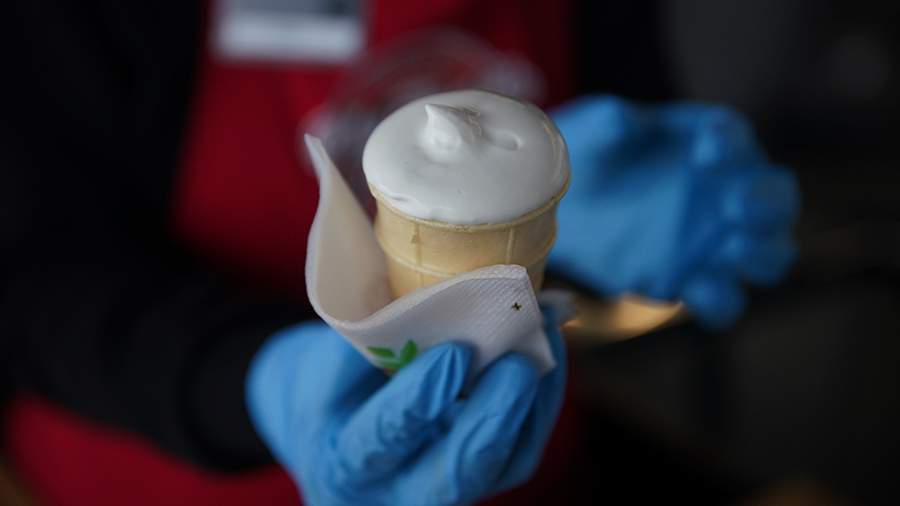The expert spoke about the dangers of eating ice cream and lemonade in the heat

Many people prefer to eat cold dishes instead of hot ones in the summer, which can harm the health of those who have chronic diseases of the gastrointestinal tract (GIT). In particular, this approach is harmful for patients with diseases such as gastritis, peptic ulcer, pancreatitis and cholecystitis. This was announced on June 3 by Evgeniya Melnikova, a gastroenterologist at SM Clinic.
"In the heat, it is not recommended to eat such a favorite delicacy as ice cream. This is a high-calorie product with a high proportion of fat and sugar. In addition to the fact that it overloads the digestive system and is poorly absorbed, ice cream cools the mucous membrane of the upper respiratory tract and leads to vascular spasm and, as a result, to acute respiratory diseases (ARDS)," she said in an interview with the newspaper.Ru».
The doctor also noted that sugary drinks, such as milkshakes or lemonades, increase the feeling of thirst, thereby keeping more heat in the body. It is also undesirable to consume kvass, the expert added. According to her, all these drinks interfere with normal sweating, provoking the risk of dehydration.
"Of course, the body needs extra fluid, as it is losing a lot of it with sweat, but it must be done correctly. Prefer water, tea, compote, fruit drinks," Melnikova emphasized.
She also clarified that in the summer, during the holidays and the picnic season, food poisoning is more common. To prevent them during travel, the gastroenterologist recommended temporarily eliminating perishable foods from the diet — milk, cottage cheese, sour cream, eggs, sausages, canned food, salads seasoned with mayonnaise, cakes with cream.
"In order to avoid adverse consequences on the road, adhere to simple nutrition rules: dry snacks (cookies, crackers); bottled water; personal hygiene (wash your hands before eating); heat treatment of products at a temperature of 80-100 degrees; observe the terms and conditions of food storage," the expert summed up.
Nutritionist Natalia Pavlyuk warned Russians on May 26 against gaining excess weight on vacation. She noted that trips to hot countries may affect this. The specialist explained that traveling to places with a warm climate can be perceived by the body as stress and provoke overeating.
Переведено сервисом «Яндекс Переводчик»

